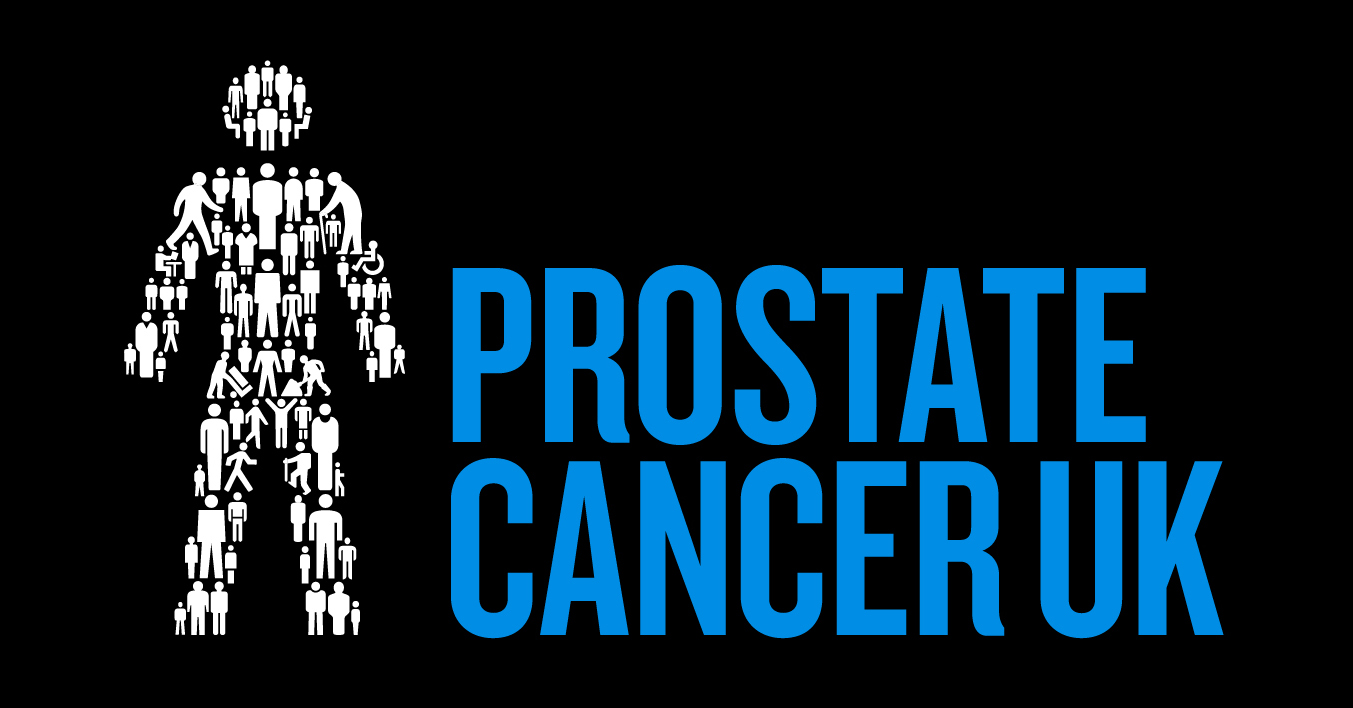The weather is warmer and, in the late summer months, more humid; this is the perfect environment for a bacteria called Legionella.
According to the Microbiology Society, it is far more likely to have an outbreak of Legionnaires’ disease during the summer months when the weather is warmer and more humid. Legionella bacteria thrives at temperatures from 20°C – 45°C.
Indeed, people are becoming more aware of the risks of Legionella. Flushing under-used outlets, such as taps and showers in the workplace is becoming increasingly common. However other water sources also pose dangerous risks.
We must remember to also regularly clean out:
- Water Butts
- Pools
- Hose reels
- Tanks
- Fountains
All these assets and more need to be manged properly to minimise Legionella growth. Other bacteria will also be reduced through good general maintenance such as; Pseudomonas, aeruginosa, Giardia, E. Coli, and many more.
Top tips to stop Legionella growth
Requiring a bit of elbow grease and little know how, there are a few very simple way to prevent continued growth of Legionella bacteria:
- Ensure that the release of water spray is properly controlled.
- Avoid water temperatures and conditions that favour the growth of legionella and other micro-organisms.
- Ensure water cannot stagnate anywhere in the system by keeping pipe lengths as short as possible or removing redundant pipework.
- Avoid materials that encourage the growth of legionella.
- Keep the system and the water in it clean.
- Treat water to either control the growth of legionella or limit their ability to grow.
- Monitor any control measures applied.
- Keep records of these and other actions taken, such as maintenance or repair work.
What can clubs do to stop legionnaires’ disease
Your workplace must have been subject to a legionnaires’ disease risk assessment. There is a legal duty for landlords to assess and control the risk of exposure to legionella bacteria. This can be regulated and noted down through the use of a risk assessment.
Get yourself an up to date Club Insure Risk Assessment Form by contacting us at Club Insure.
Once you have the risk assessment in place, develop an action plan.
Action plans include:
- Daily checks
- Weekly jobs to do
- Report forms and records
- Compliance
- Monthly review of reports
Remember, Legionella management need not be complicated. Contact Club Insure today to help us help you protect your club. We offer a free visitation and get a quote service. Club Insure will continue the mission to provide for sport and social clubs the best we can.
The weather is warmer and, in the late summer months, more humid; this is the perfect environment for a bacteria called Legionella.
According to the Microbiology Society, it is far more likely to have an outbreak of Legionnaires’ disease during the summer months when the weather is warmer and more humid. Legionella bacteria thrives at temperatures from 20°C – 45°C.
Indeed, people are becoming more aware of the risks of Legionella. Flushing under-used outlets, such as taps and showers in the workplace is becoming increasingly common. However other water sources also pose dangerous risks.
We must remember to also regularly clean out:
- Water Butts
- Pools
- Hose reels
- Tanks
- Fountains
All these assets and more need to be manged properly to minimise Legionella growth. Other bacteria will also be reduced through good general maintenance such as; Pseudomonas, aeruginosa, Giardia, E. Coli, and many more.
Top tips to stop Legionella growth
Requiring a bit of elbow grease and little know how, there are a few very simple way to prevent continued growth of Legionella bacteria:
- Ensure that the release of water spray is properly controlled.
- Avoid water temperatures and conditions that favour the growth of legionella and other micro-organisms.
- Ensure water cannot stagnate anywhere in the system by keeping pipe lengths as short as possible or removing redundant pipework.
- Avoid materials that encourage the growth of legionella.
- Keep the system and the water in it clean.
- Treat water to either control the growth of legionella or limit their ability to grow.
- Monitor any control measures applied.
- Keep records of these and other actions taken, such as maintenance or repair work.
What can clubs do to stop legionnaires’ disease
Your workplace must have been subject to a legionnaires’ disease risk assessment. There is a legal duty for landlords to assess and control the risk of exposure to legionella bacteria. This can be regulated and noted down through the use of a risk assessment.
Get yourself an up to date Club Insure Risk Assessment Form by contacting us at Club Insure.
Once you have the risk assessment in place, develop an action plan.
Action plans include:
- Daily checks
- Weekly jobs to do
- Report forms and records
- Compliance
- Monthly review of reports
Remember, Legionella management need not be complicated. Contact Club Insure today to help us help you protect your club. We offer a free visitation and get a quote service. Club Insure will continue the mission to provide for sport and social clubs the best we can.






